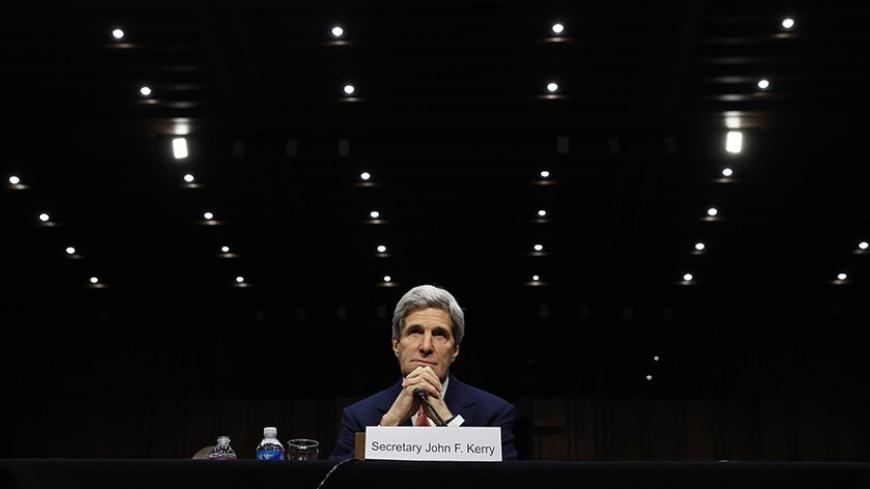CAIRO — Secretary of State John Kerry said on March 12 that the Obama administration will “soon” decide on whether to resume military aid to Egypt, including Apache helicopters, which are key to counterterrorism operations in the Sinai Peninsula. "It is our hope to be able to make that [aid] transfer, providing there is a conclusion drawn by our team with respect to some of the things we've been anticipating [the Egyptian government] doing," Kerry related at a congressional hearing on the State Department's 2015 budget request.
Although Kerry has on several occasions appeared to be in favor of resuming normal relations with Egypt, a statement by a representative of the State Department, the very department over which Kerry presides, has caused a good deal of negative feedback in Egypt. On March 15, deputy spokeswoman Mary Harf told a group of journalists that the United States keeps in regular contact with the Muslim Brotherhood. With the Egyptian government and the public blaming the Brotherhood, along with its supporters and allies, for the terrorist attacks taking place against targets across Egypt, Harf's statement seemed insensitive to Egyptian public sentiment.



